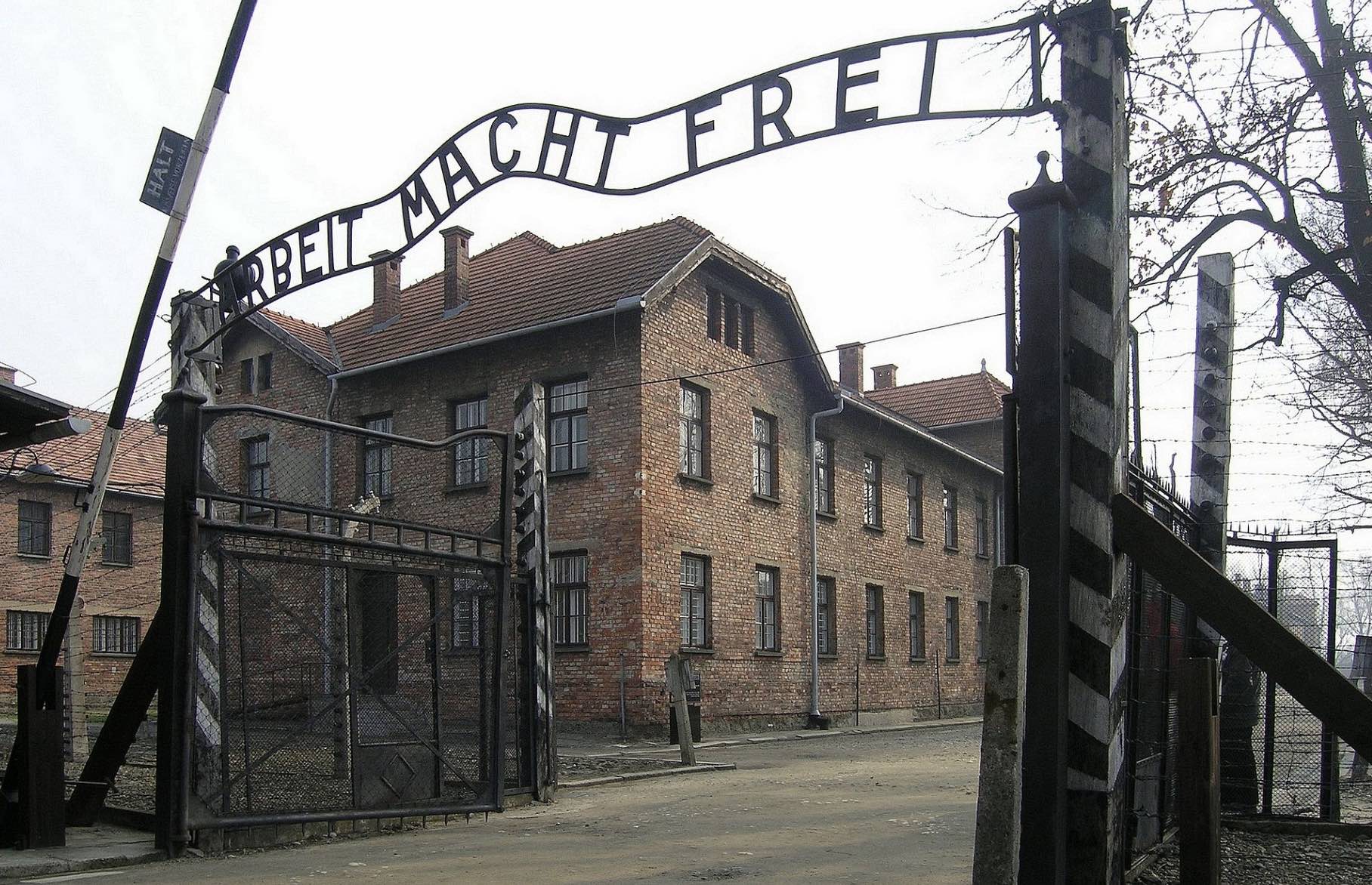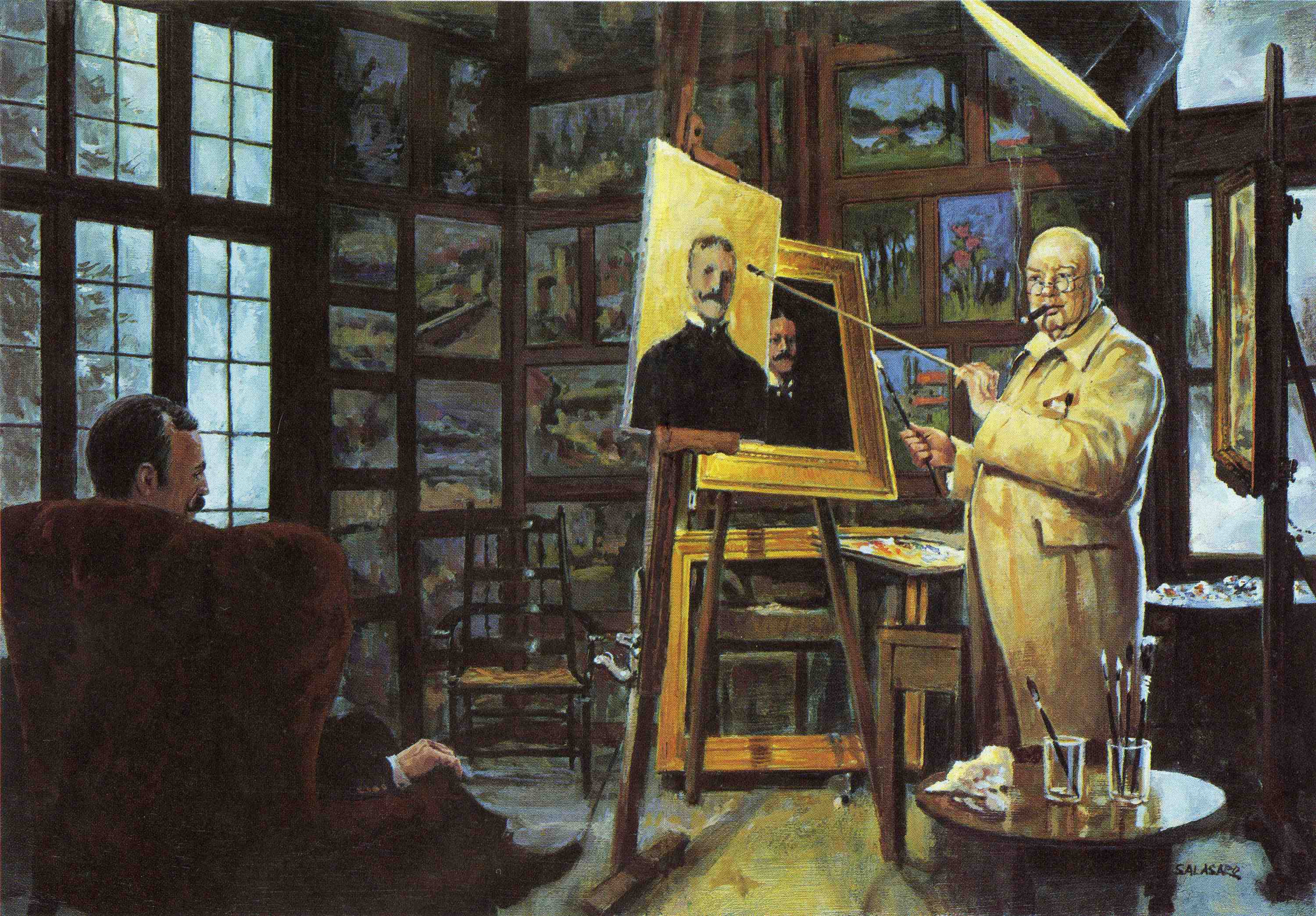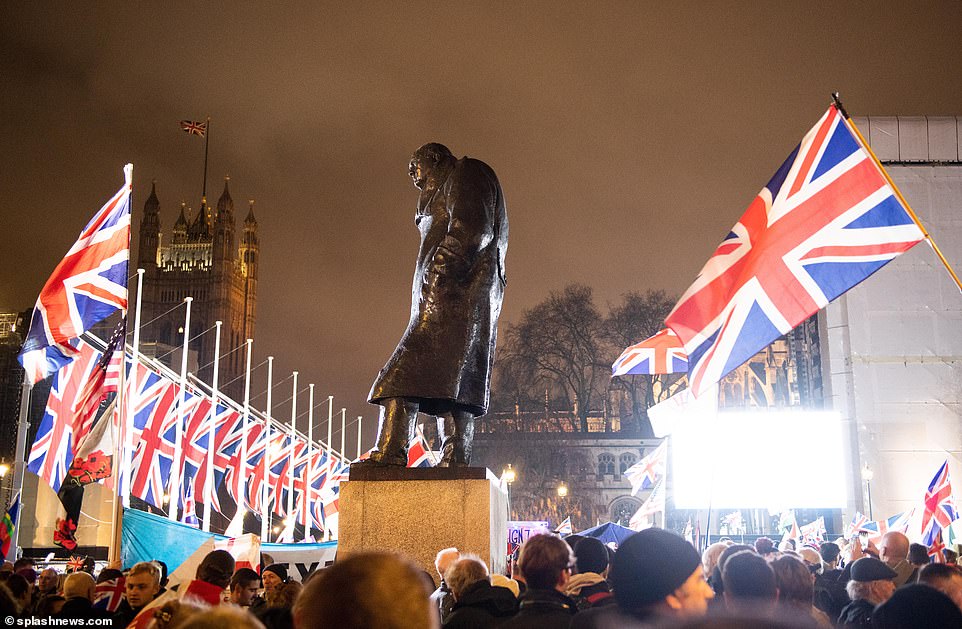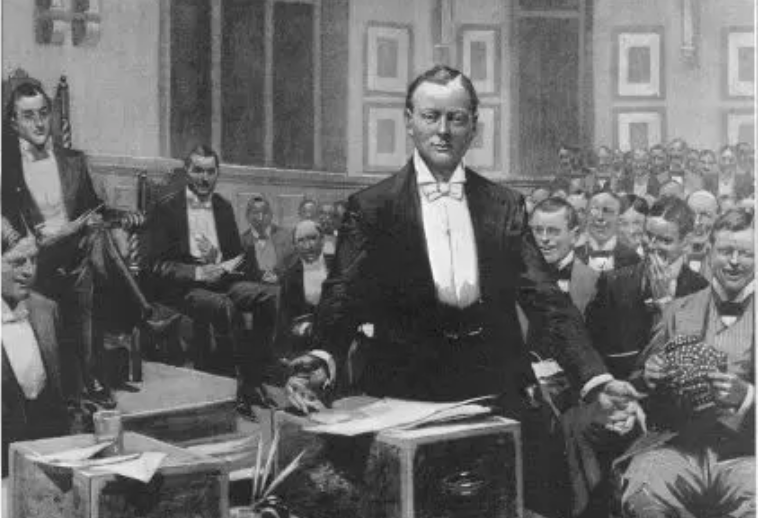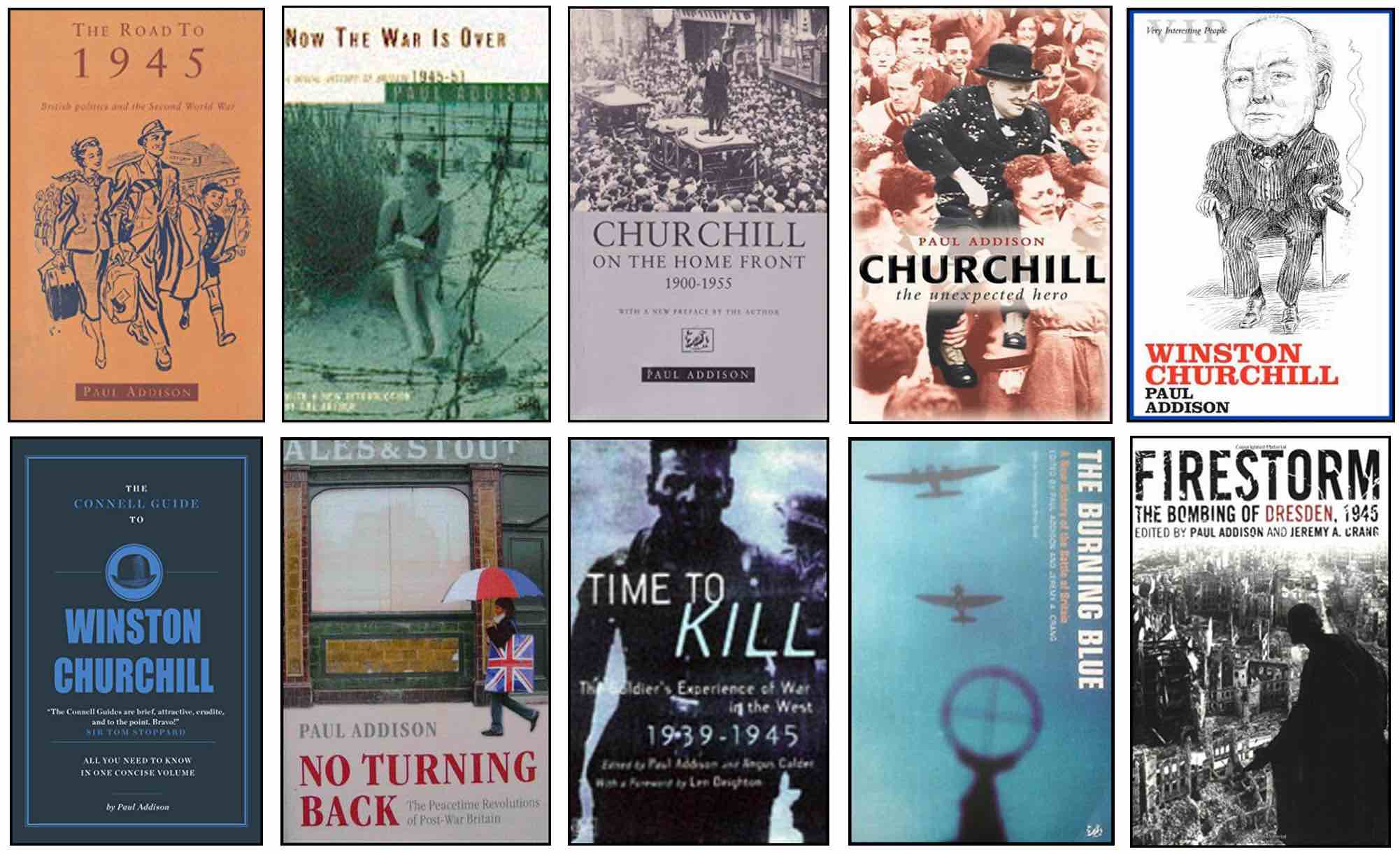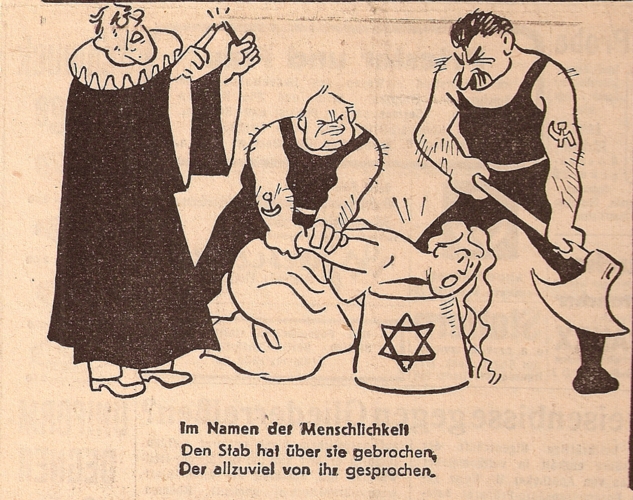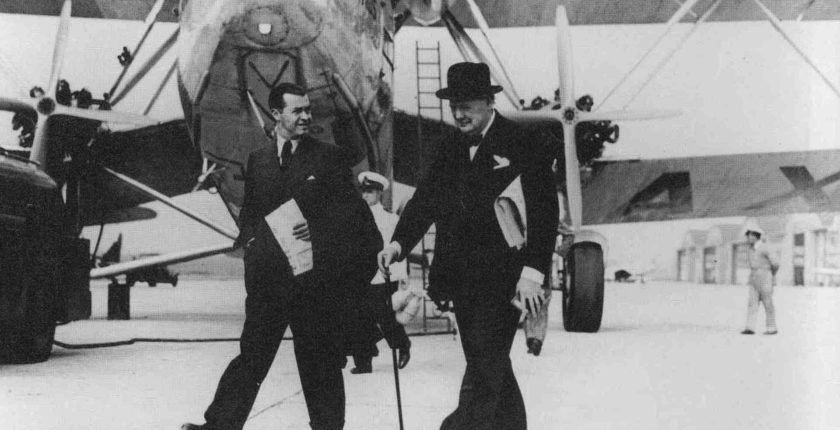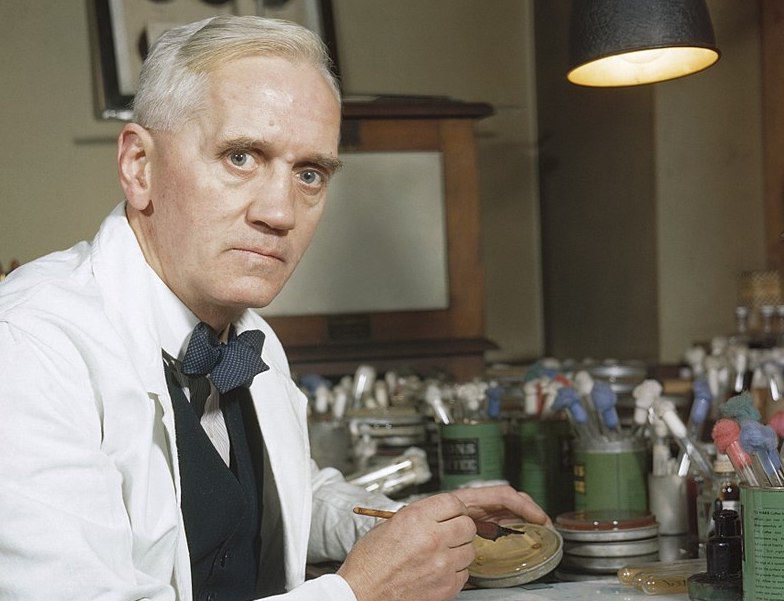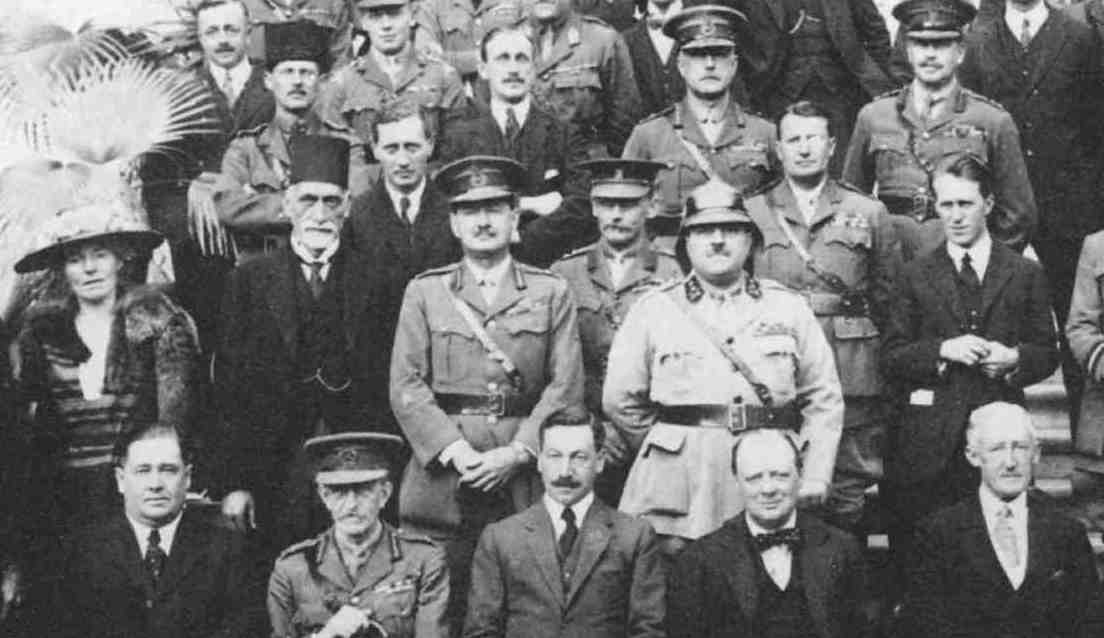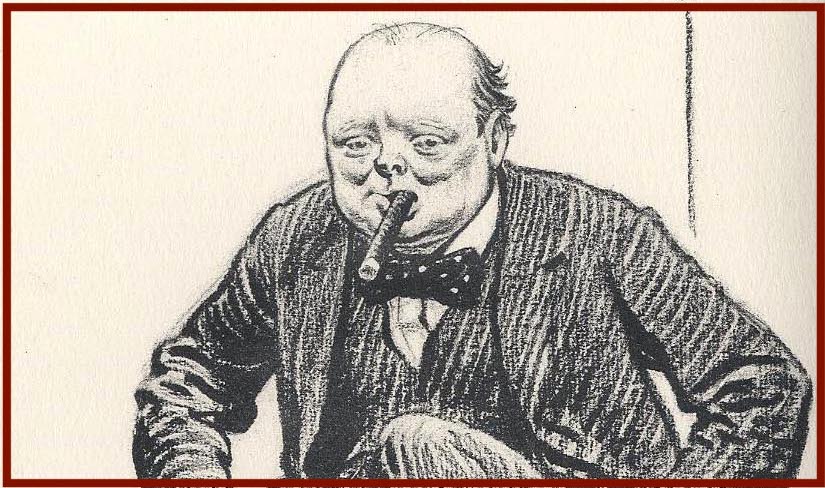
“The Charlie Chaplin of Caricature”: Churchill on Low
“Churchill on Low” is excerpted from “David Low” for the Hillsdale College Churchill Project. Click here for the original text. To subscribe for regular Hillsdale updates, click here, scroll to bottom and fill in your email.
“Master of invective”“Low is the greatest of our modern cartoonists,” wrote Winston Churchill in his delightful essay “Cartoons and Cartoonists.” He praised “the vividness of his political conceptions,” declaring Low a singular talent: “He possesses what few cartoonists have—a grand technique of draughtsmanship. Low is a master of black and white. He is the Charlie Chaplin of caricature, and tragedy and comedy are the same to him.”…
